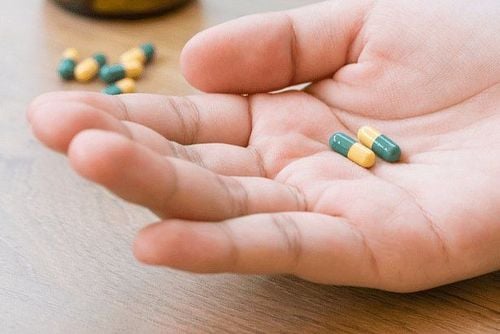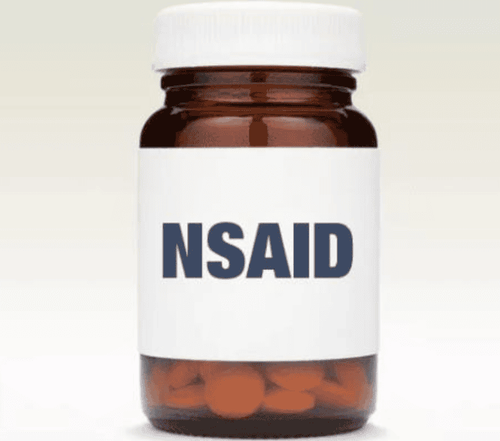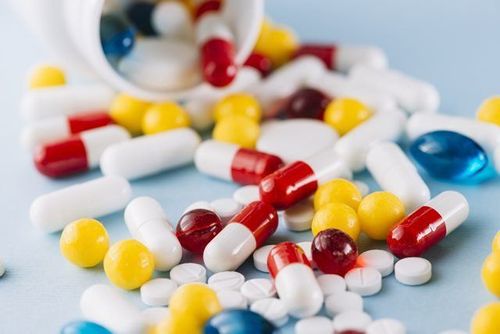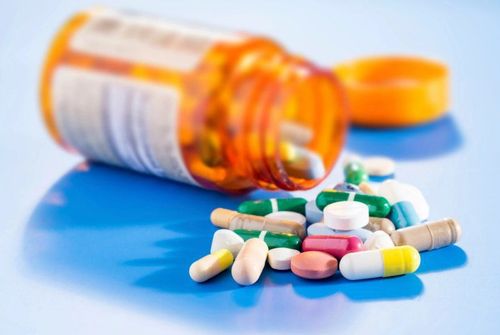This is an automatically translated article.
Cancer patients may experience neutropenia as a side effect of treatments or complications of the disease. This increases the risk of infection during cancer treatment, making treatment and recovery difficult.
1. What is infection during cancer treatment?
Infection is the entry and growth of pathogens in the body, such as bacteria, viruses, yeast or some other fungus. Infection can start anywhere on the body, can spread throughout the body and cause one or more of the following symptoms:
Fever, 38°C or higher Chills Cough or sore throat Digestive illness discharge Ear pain, headache or sinus pain, stiffness or neck pain Skin rash Sores or white coating in the mouth or on the tongue Swelling or redness, especially where the catheters are placed inside the body Cloudy urine or bloody, or painful urination Unusual vaginal discharge Certain cancers and treatments such as chemotherapy can increase the risk of infection. This is usually due to a decrease in neutrophils, the cells that help the body fight infection. During chemotherapy, there will be periods when the white blood cell count (mainly neutrophils) is significantly lower and there is a greater risk of infection. Stress, poor nutrition, and insufficient sleep can also weaken the immune system, making it more likely that infections will occur.
Call your doctor right away if you have signs of an infection. Some infections during cancer treatment can be life-threatening and require urgent medical attention. Be sure to consult your doctor before taking any medication—even common pain relievers like aspirin, acetaminophen, or ibuprofen for a fever. These medications can bring down a fever but can also mask the symptoms of a more serious medical problem.
2. Decrease in neutrophils during cancer treatment
Neutrophils are white blood cells that play a major defense role in helping the body fight infections. Neutropenia is common after chemotherapy and increases the risk of infection during cancer treatment.
Anti-cancer drugs work by killing fast-growing cells in the body, including normal and malignant cells. These drugs not only kill cancer cells but also attack healthy white blood cells.
The doctor will be the one to determine if neutropenia really occurs or not. The patient's blood was drawn after chemotherapy in cancer treatment for examination.
Neutropenia usually occurs between 7 and 12 days after chemotherapy treatment. This time period may vary depending on the chemotherapy regimen of each patient. Doctors advise patients exactly when their white blood cell counts are likely to be at their lowest. Signs and symptoms suggestive of infection should be carefully monitored during this time.
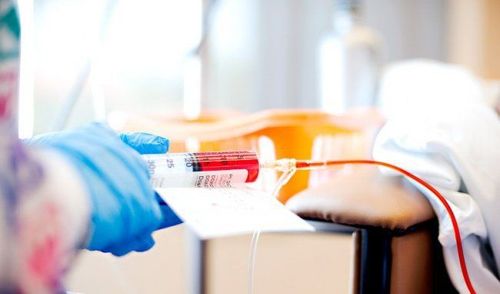
Một số người bệnh gặp tình trạng giảm bạch cầu trung tính khi điều trị ung thư bằng hóa trị
3. Measures to prevent infection during cancer treatment
There is no way to prevent neutropenia during cancer treatment. However, there are ways to reduce the risk of infection while still having neutropenia. Usually, the treating doctor will advise on infection prevention measures when treating cancer patients as follows:
Wash your hands often and thoroughly. Use soap and warm water to wash your hands thoroughly, especially before eating. Ask those around the patient to also wash their hands. Always clean. If you have a urinary catheter, keep the area around it clean and dry. Keep your mouth clean and check your mouth for sores or other signs of infection daily. If there are scratches or cuts, clean them. Tell your doctor or nurse if any part of your body is sore or bleeding, as this can increase your risk of infection. Avoid exposure to germs. Stay away from people who are sick or have a cold. Avoid going to crowds and people who have just had a live vaccine, such as the chickenpox, polio, or measles vaccine. Comply with food safety guidelines; Make sure meat, fish and eggs are thoroughly cooked to kill germs. Store food properly and do not eat spoiled foods. Peel fruit when eating or wash all raw fruits and vegetables thoroughly. Do not share food, drinking cups, personal items such as towels, toothbrushes. Shower and clean your body daily, using an unscented lotion to prevent skin from drying out and cracking. Limit direct skin contact with pets, their waste (urine or feces). Wear cleaning gloves to clean up later and take care of your pets. Wash your hands immediately afterwards. Try and keep all surfaces in your home clean. Get a seasonal flu shot as soon as possible. It is best during cancer treatment if there are any health problems, patients should go to medical facilities to be examined by a doctor and have timely indications. Avoid letting the disease progress for a long time, causing serious health effects.
Vinmec International General Hospital is always at the forefront of medical services with a team of highly qualified, well-trained doctors, and a system of modern equipment. The hospital has many specialties with its own advantages, so customers completely trust the medical quality at Vinmec.
Please dial HOTLINE for more information or register for an appointment HERE. Download MyVinmec app to make appointments faster and to manage your bookings easily.




